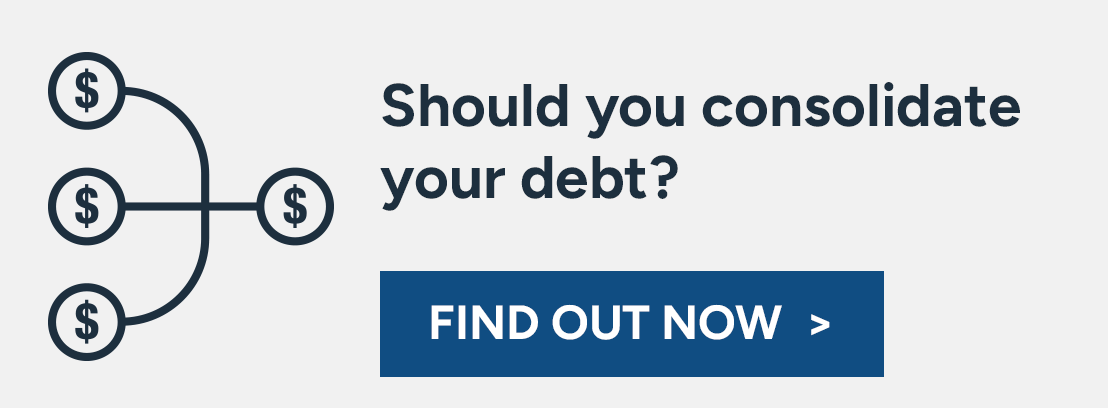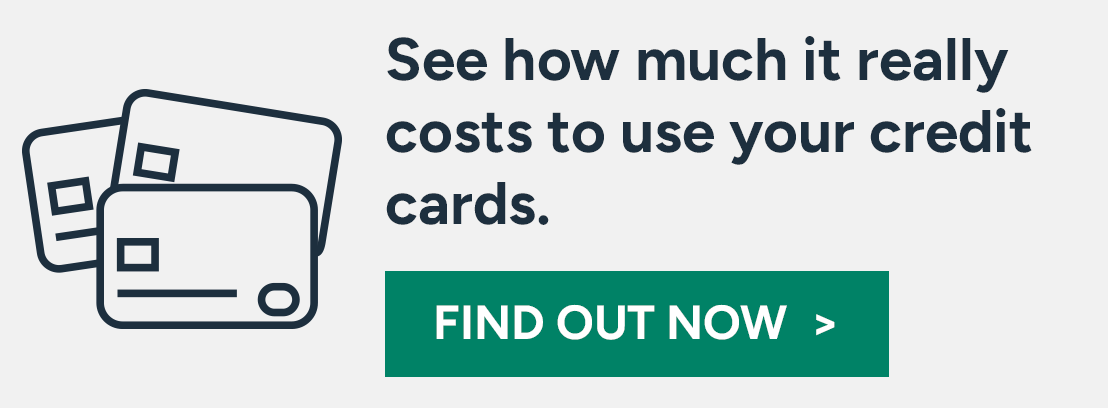 Begin your path towards financial freedom by scheduling a complimentary credit counseling session with ACCC today. This step will equip you with the knowledge needed to handle credit card debt settlements most effectively.
Begin your path towards financial freedom by scheduling a complimentary credit counseling session with ACCC today. This step will equip you with the knowledge needed to handle credit card debt settlements most effectively.
Should You Use Debt Settlement to Get Out of Credit Card Debt
When your credit card balances are more than you can handle, you may be wondering whether you should try to settle credit card debt with a debt collection settlement agency or find some other way to resolve your financial troubles.
What is credit card settlement? As a form of debt settlement, credit card settlement is a debt relief strategy that seeks to get creditors to settle credit card debt by offering a one-time payment that is less than the total amount you owe. When you begin credit card debt settlement process, you will stop making your monthly payments to credit card companies and will instead put money in a savings account with a debt settlement agency. As your back-owed payments begin to add up, credit card companies may fear that you won’t be able to pay anything on your debt, making them potentially more willing to accept a settlement offer. After several months, your settlement agency will approach your creditors to offer to settle credit card debt with a lump sum payment from the money you have been putting in your savings account.
The disadvantages when you settle credit card debt.
While debt settlement can offer a way out of overwhelming debt, it also comes with several potential disadvantages:
- Credit Score Impact: Debt settlement can significantly impact your credit score. Since the process often involves stopping payments on your debts, your credit score can take a serious hit. Even after the debt is settled, the mark remains on your credit report and indicates that the debt was not paid as initially agreed.
- Potential for Scams: As with any industry, there are less-than-reputable companies that can take advantage of individuals in desperate situations. Scams could involve high upfront fees, promises of guaranteed results, or failure to disclose potential impacts on your credit.
- Fees: Debt settlement companies often charge substantial fees, typically a percentage of the amount of debt you want settled or a percentage of the amount by which your debt is reduced. This can add to the overall cost and may even offset some of the savings from the settlement.
- Tax Implications: The IRS often considers forgiven debt as taxable income. This means you may have to pay taxes on the amount of debt that was settled, which could result in a hefty tax bill.
- No Guarantee of Success: Debt settlement is a negotiation, and there’s no guarantee your creditors will agree to accept less than the full amount owed. Some creditors refuse to negotiate with debt settlement companies.
- Potential for Increased Debt: While you’re waiting for the debt settlement company to negotiate with your creditors, late fees and interest charges will continue to accrue on your debts. This can cause your total debt load to grow, and if the settlement process fails, you could end up owing more than when you started.
- Collection Calls and Lawsuits: Since debt settlement often involves stopping payments to creditors, this may lead to increased collection calls and even potential lawsuits from creditors seeking to recover the money owed.
It’s crucial to weigh these disadvantages against the potential benefits before deciding if debt settlement is the right strategy for you. Consulting with a trusted financial advisor or a credit counselor can also provide valuable insight tailored to your specific circumstances.
Expert Advice on Debt Settlement
Understanding the potential pitfalls of debt settlement is crucial, especially when seeking effective methods for settling credit card debt. This is where the non-profit organization American Consumer Credit Counseling (ACCC) comes into play. They offer free credit counseling services to consumers seeking the most advantageous strategies for debt elimination.
The certified credit counselors at ACCC provide assistance by analyzing your financial situation comprehensively. They guide you through all available debt payment options and elucidate the process of negotiating with credit card companies. This enables you to either settle or eradicate your credit card debt in a manner that minimizes harm to your credit score.
 Begin your path towards financial freedom by scheduling a complimentary credit counseling session with ACCC today. This step will equip you with the knowledge needed to handle credit card debt settlements most effectively.
Begin your path towards financial freedom by scheduling a complimentary credit counseling session with ACCC today. This step will equip you with the knowledge needed to handle credit card debt settlements most effectively.


